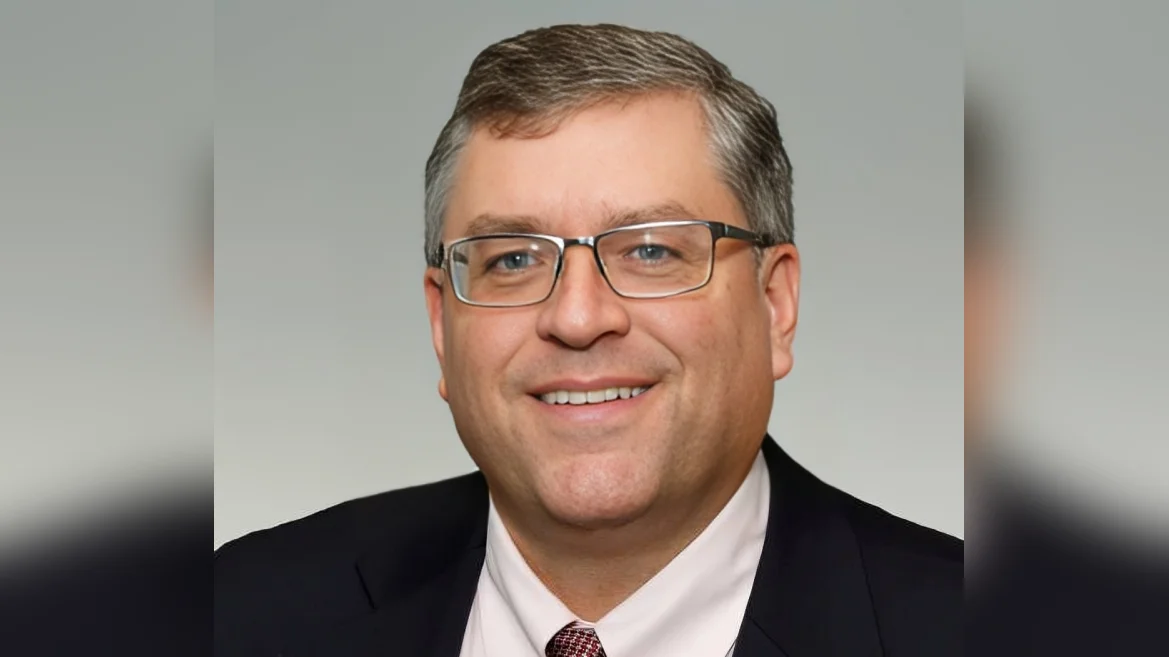
The violent confrontations, with devastating loss of life and destruction of property in the Middle East, have set off protests on many of the nation’s college and university campuses, including Rutgers.
This troubling time for U.S. citizens has been exacerbated by those who use campus protests as political fodder for their own strategic and political advancement.
Universities are in the crosshairs of certain representatives in Congress and their supporters across the country.
It is a wrenching time as politicians threaten the well-being and independence of our nation’s centers of learning.
It is also a good time to step back and reflect on our past at Rutgers and what we might learn from it as we anticipate a challenging start to the Fall semester.
Current efforts to undermine higher education and the corrosive atmosphere those efforts create bring us back to the time of the Rutgers Red Scare: a period in the U.S. during the 1950s when individuals in colleges and universities were under siege by right-wing political forces.
In 1954, Moses Isaac Finley, a classics scholar, was teaching at Rutgers when Sen. Patrick McCarran (D-Nevada), who was campaigning against alleged communists in government and universities, made him a target. Finley was called before the Senate Subcommittee on Internal Security (SSIS), where he refused to say whether he had ever been a communist.
This followed an appearance before the notorious House Un-American Activities Committee two years earlier when Finley invoked the Fifth Amendment.
Rutgers fired him, along with another faculty member, for refusing to testify.
Finley understood that a society in which discussion and debate are essential is also a society full of risks. These are risks that Rutgers, its current president, and its board of trustees were not willing to take.
It may seem odd to today’s students and governing boards. But such requests to declare “loyalty” were not rare. As noted, the threat of communism and subversion existed through much of the 20th century.
The loyalty oaths and congressional investigations of the McCarthy era may have been drawing to a close, but schools and colleges were still imposing political tests on their members. Many concerns were misdirected, limiting freedoms that were supposedly threatened.
It was a dark time for Rutgers.
The year 1966 presented another challenge when tenured Rutgers professor Eugene D. Genovese declared his desire for a Vietcong victory in Vietnam at a teach-in on the Vietnam War held on campus.
This continues to serve as an important episode in academic freedom history in the United States as candidates for governor sparred over whether Rutgers should fire Genovese or retain him.
The Genovese case became one of the defining issues of that gubernatorial campaign leading to Richard J. Hughes's victory after he refused to interfere unlike his opponent Republican State Sen. Wayne Dumont Jr.
The University stood firm against considerable pressure so much so that former University president Mason Gross and its governing board received Alexander Meiklejohn Award for Academic Freedom from American Association of University Professors recognizing their outstanding contribution by protecting that freedom
Indeed arrival Gross marked significant transition from 1950s facing challenges similar today but included protests against Reserve Officers’ Training Corps (ROTC) bombing Cambodia demands Black Studies prompting major protests
As Mason Gross stated “the fundamental aim education simply freedom First comes material freedom won acquisition special skill body knowledge enables students establish personal economic independence Then comes … freedom results knowledge organize ourselves politically economically socially minimizes danger collapsing incompetence power tyrant dictator”
He said university responsibility “provide atmosphere intellectual conditions alone free spirit survive”
One authors “Selected Speeches Mason Welch Gross” former professor Department History Richard Schlatter wrote “in practice meant part defending rights students faculty speak minds” Gross certainly did but not without criticism included accusations softness giving pressures much see today slings arrows directed current University President Jonathan Holloway among others
Among other manifestations talent commitment free expression Gross spoke students protesting invasion Cambodia May 1970 referring spirit alive expressed hope last
In final year greeted standing ovations students faculty New Jersey civilians whenever spoke gathering most impressive ovation came group student protestors surrounded occupied office May 4 central administration building
Owen Ullmann deputy managing editor USA Today recalled incident 1991 ceremony said “Mason told us guests make ourselves home this university well asked break anything walked away applauded respected wishes”
No doubt regrettable part history often mind president knew acts conscience willingness fight efforts silence discredit gave witness values cherish acknowledged importance institutions guard them
We may not heavy hand government threatening constitutional rights some members Congress dancing direction reminding no threat worth losing free expression ideas
Student movements rarely popular off campus appreciating constructive impact delayed decades
Protests against Vietnam War Iraq War anti-apartheid anti-fossil fuel many manifestations movement civil rights seen successful but not every protest has been
Protests cannot solely responsible constructive change other factors work When protests ignite particularly highly polarized political environments need embrace opportunities discuss importance freedom expression strong foundation
History will take revenge if do not exalt importance ideas information protect access defend academic institutions pledged includes expression within protests conducted responsibly reach soul society
---